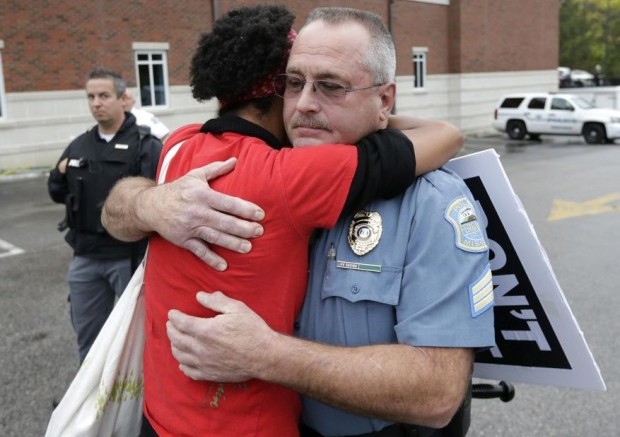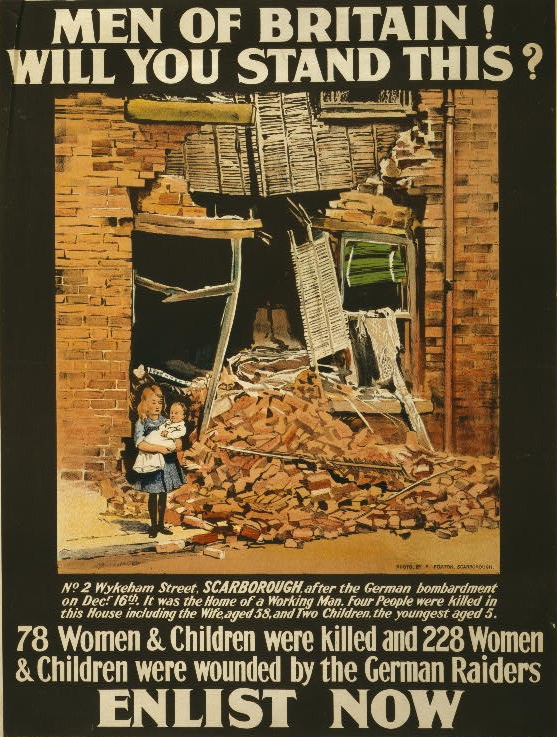Why is political polarization rising? Why the centre cannot hold in America, Europe, and psychology
As political events in Europe and America got stranger and more violent over the last year, I found myself thinking of the phrase “things fall apart; the center cannot hold.” I didn’t know its origin so I looked it up, found the poem The Second Coming, by W. B. Yeats, and found a great deal of wisdom. Yeats wrote it in 1919, just after the First World War and at the beginning of the Irish War of Independence.
Here is the first stanza:
Turning and turning in the widening gyre
The falcon cannot hear the falconer;
Things fall apart; the centre cannot hold;
Mere anarchy is loosed upon the world,
The blood-dimmed tide is loosed, and everywhere
The ceremony of innocence is drowned;
The best lack all conviction, while the worst
Are full of passionate intensity.
The last two lines point to moral psychology—people full of passionate intensity—as one of the reasons why things fall apart and the centre cannot hold. This analysis fits with many books written about the causes of political violence and genocide (see Baumeister; Fiske & Rai; and my book, The Righteous Mind). It also fits my analysis of why things are falling apart on American college campuses.
I therefore used the poem as the leitmotif of a talk I gave last week at the American Psychological Association’s annual convention, in Denver, where I offered my most complete statement ever on the causes and consequences of political polarization. I focused on the causes of America’s political dysfunction and then extended the analysis to Europe as well. Something is going wrong in Western liberal democracies; there is something we’re not understanding.
But as long as I had the opportunity to address the largest gathering of psychologists in the world, I wanted to extend the analysis to psychology too. I showed how we, as a field, have gotten politically polarized, as with so many other academic disciplines, professions, and institutions. We have become part of the problem, and it is damaging our science and our ability to help our clients, patients, and students. I proposed that we must fix ourselves before we can become part of the solution.
Here is the entire talk (54 minutes), including an introduction from Susan McDaniel, the president of APA.
I hope that the talk will be useful in high school and college courses on civics, political science, and social psychology. I am therefore posting the slides, both as a PowerPoint file and as a 12 page PDF file. (I encourage their use by educators at all levels.)
I also hope that the talk will help people to understand our mission here at Heterodox Academy. Polarization and political purification are happening to so many institutions. For institutions that aim to discover truth, such as a university, ideological purification is deadly. Pleasing but false ideas go unchallenged. Unpleasant but true ideas don’t get a hearing. Until we figure out ways to increase viewpoint diversity and to end the intimidation and ostracism experienced by those who question orthodoxy on campus, universities will be part of our national problem, not part of the solution.
– Jonathan Haidt



